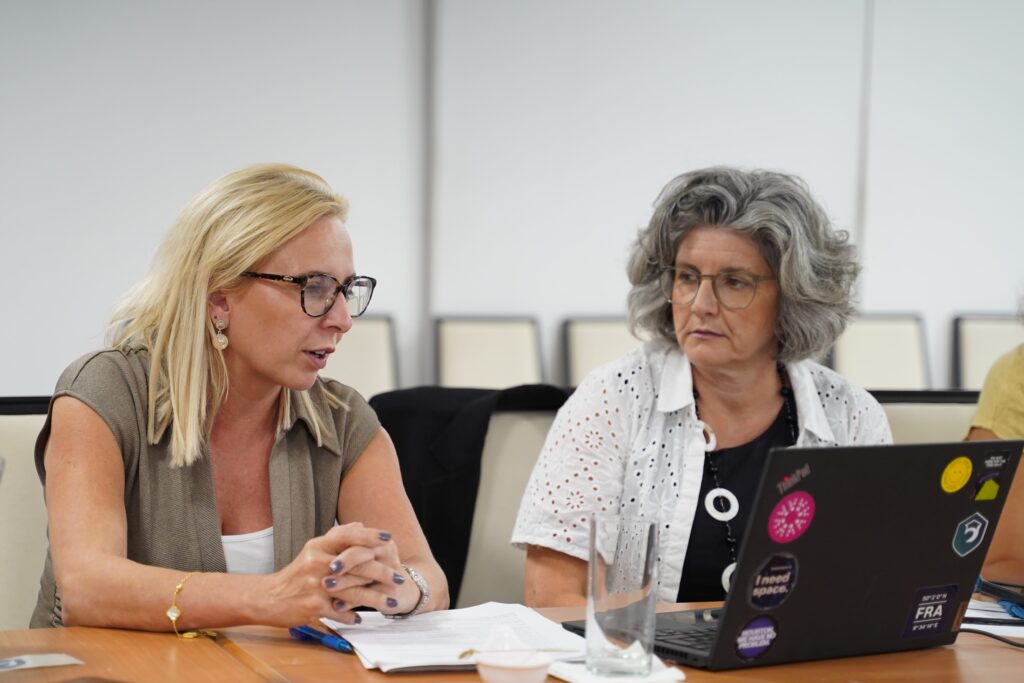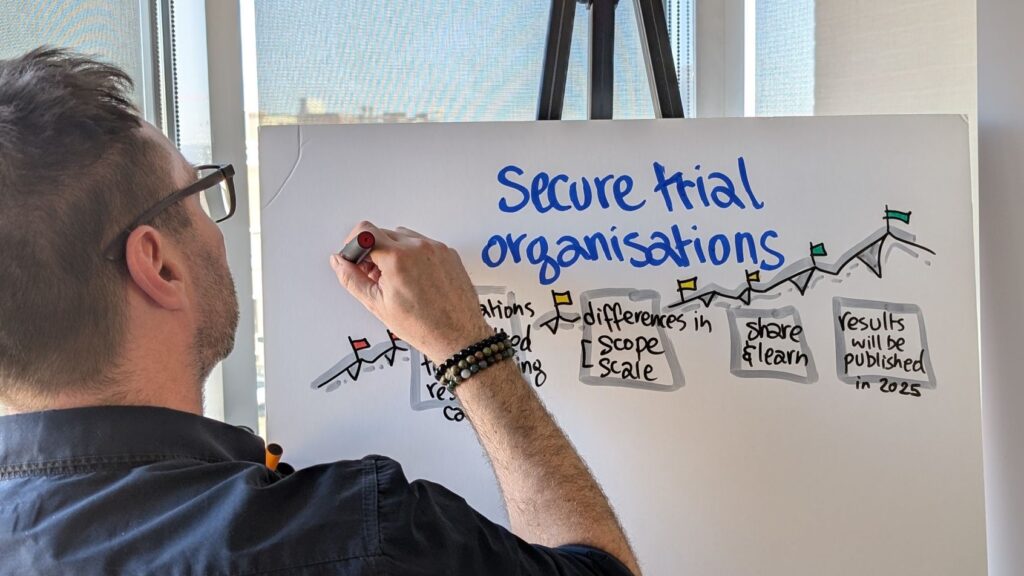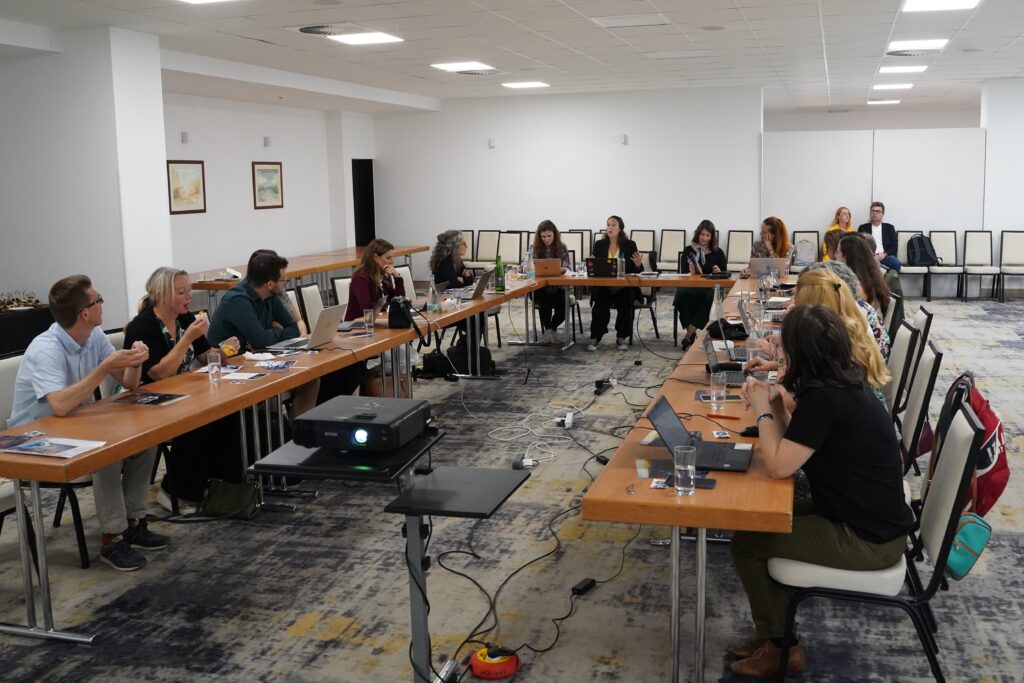“Researchers often want to stay in research, but there isn’t the career progression they would wish for within academia. Instead, many face a string of short-term contracts, frequent moves across institutions and even countries, and little clarity about the path ahead”
By: Đorđe Petrović
In the monumental yellow building of Sarajevo’s Holiday Hotel, the kick-off meeting of the European project SECURE 2 took place on September 15-16th. The event brought together all 18 partner institutions, united by a shared ambition: to build more attractive, transparent, and sustainable research careers across Europe. For young researchers, the SECURE initiative carries particular weight, as it tackles one of the most pressing issues they face today – job insecurity.
Among the participants in Sarajevo were two representatives of the UK non-profit organisation CRAC Vitae, Clare Viney and Emma Day. CRAC – the Careers Research and Advisory Centre – is an independent charity founded in 1964, dedicated to supporting career development and active, career-related learning. Over the decades, CRAC has become a trusted partner for governments, educational institutions, employers, and professional bodies, providing research, intelligence, and innovative services to strengthen career support across all sectors.
Today, CRAC leads and manages the Vitae programme, a global leader in supporting the professional development of researchers and in working with institutions striving for excellence, innovation, and impact.
“For SECURE 2, we can bring these lessons learned from SECURE 1: we’ll have more time, hopefully a more stable policy environment, and eight pilots with senior institutional buy-in”
At the helm of CRAC is Clare Viney, its CEO for the past nine years, a strategic leader with more than two decades of experience in advocacy, policy, and external affairs. A Chartered Scientist and Chemist, she has long been active in the science community and the not-for-profit sector, with a strong commitment to investing in future generations and empowering people from diverse backgrounds to realise their potential.
Her colleague Emma Day, who steers CRAC-Vitae’s policy and advocacy strategy, is equally passionate about fostering a healthy research culture. She connects research, practice, and expertise to improve the working lives of researchers, ensuring that the challenges of today translate into meaningful improvements for the future.
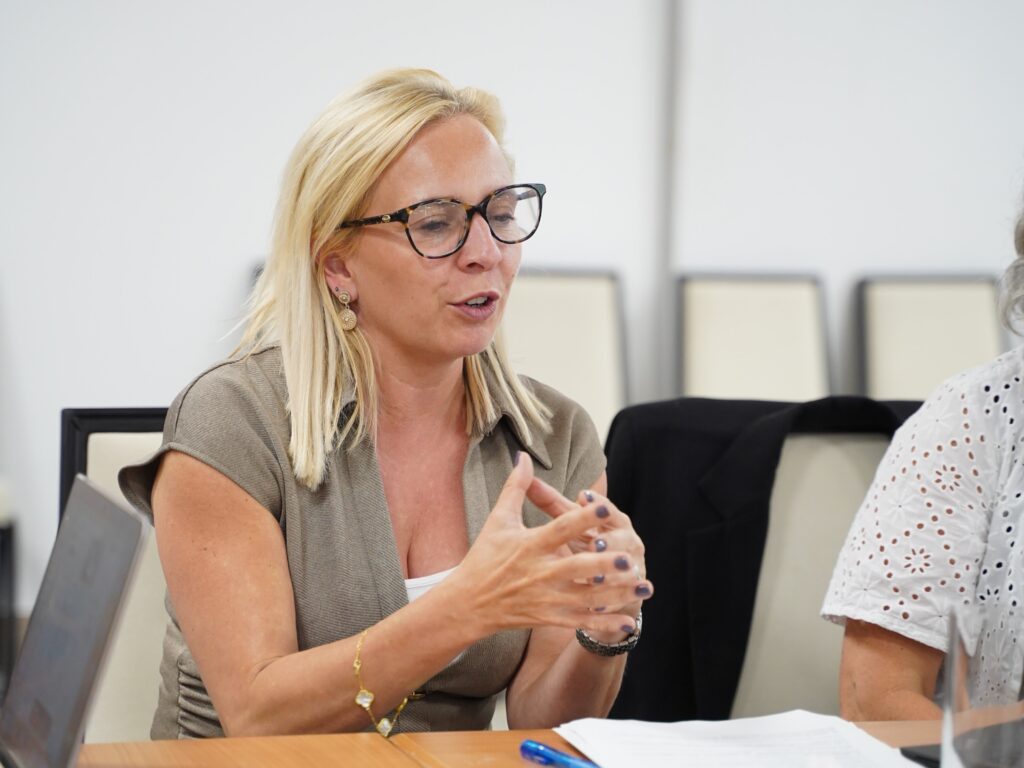
CRAC also played a key role in the first SECURE project, which laid the foundation for SECURE 2 by developing the Research Career Framework (RCF) recommendations. At the heart of both initiatives is one of the most pressing challenges for researchers today: job insecurity. As Emma Day explains, the main issue is “precarity, uncertain futures, and the lack of jobs. Researchers often want to stay in research, but there isn’t the career progression they would wish for within academia. Instead, many face a string of short-term contracts, frequent moves across institutions and even countries, and little clarity about the path ahead. Added to this is a widespread lack of awareness about careers outside academia and how research skills could translate to other sectors, leaving many researchers without a clear sense of direction.”
During first SECURE project, they led on the development of the SECURE principles for tenure-track-like models, designed to give researchers a clearer and more stable career pathway. “In the project we define tenure-track-like models as specific contracts that provide a clear pathway to permanent employment. As long as researchers meet the agreed milestones, they can progress to a permanent position,” explained Emma Day.
“There is plenty of help and support available, but ultimately, researchers must take control of their own path and remain open – and science will open new doors”
She noted that while such models vary widely across countries and institutional settings, the project developed a set of nine principles to ensure good practice in implementing them. These cover open recruitment, fair practices, decent working conditions, opportunities for career and professional development, and appropriate managerial support. “The idea is that, even though the models may differ, these principles should apply universally,” she added.
The tenure-track-like models are also closely linked to the Research Career Framework (RCF) recommendations, where they fall under the pillar of stability. This pillar sets out concrete actions for institutions that wish to introduce clearer and more permanent career pathways. As Emma Day explained, the RCF encourages organisations to explore best practices around tenure-track-like schemes, consider where such models might be appropriate, and take steps toward embedding permanence in their career structures – an approach already tested in practice at institutions such as NOVA University in Lisbon, which was one of the original pilot sites.
Including NOVA University, the previous SECURE project involved six pilot institutions – three research-performing organisations, one research-funding organisation, one research infrastructure, and one recruitment agency. Each selected at least one action per pillar of the RCF and implemented them over twelve months.
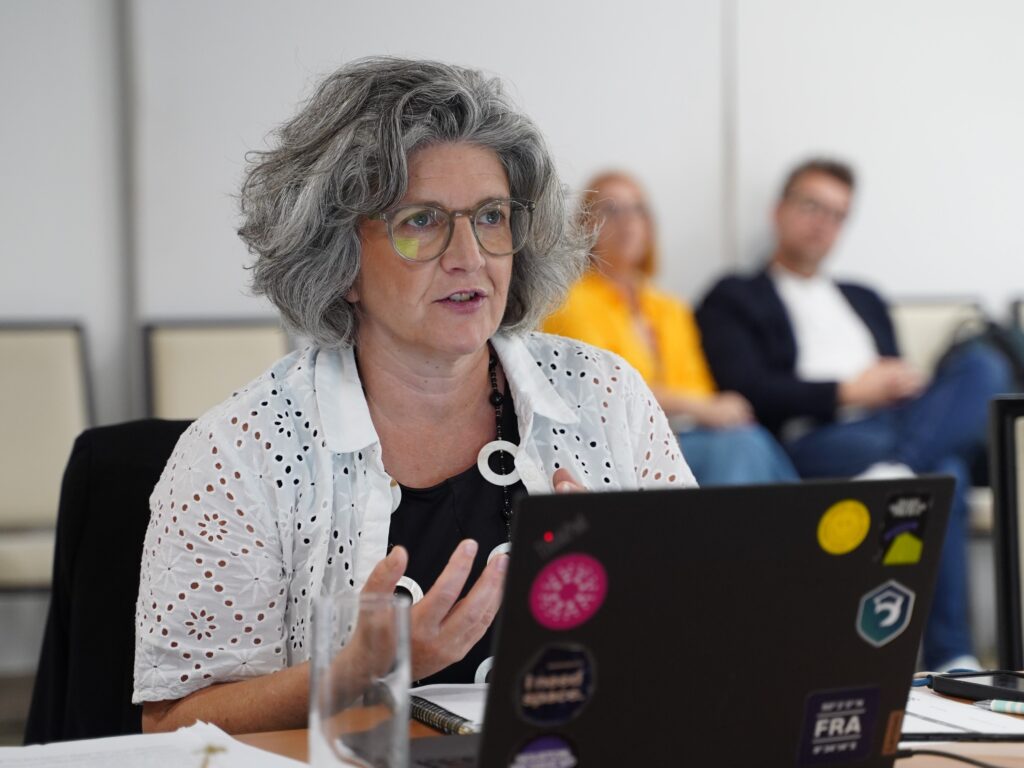
SECURE 1 concluded in March this year, and during the two-year project, Clare said they faced three major challenges. “First, the policy environment was moving very fast – the 2023 revised Council Recommendation came out just after the project kicked off, so we had to be flexible and adaptable. We faced a challenge, but managed to find a quick solution. Second, the time – two years is simply not long enough. And third, there is a lot of support available, so ensuring that all the pilots understood the resources out there and had institutional leadership buy-in was crucial,” she said, adding, “For SECURE 2, we can bring these lessons learned from SECURE 1: we’ll have more time, hopefully a more stable policy environment, and eight pilots with senior institutional buy-in.”
“By engaging with networks such as MCAA, Eurodoc, ICoRSA – and with the SECURE project more broadly – researchers can amplify their voice. They should not feel despondent or powerless, but empowered”
Emma points out that they are very satisfied with the results of the first SECURE project and with what the pilots were able to achieve in such a short time. “The pilots had to focus on initiatives that aligned with their current organisational objectives and supported what the organisation wanted to achieve, rather than pursuing more innovative approaches. They did a lot of collecting best practices and surveying the researchers they had,” she said. “Now, with SECURE 2, we have the opportunity to push things further and do a bit more.”
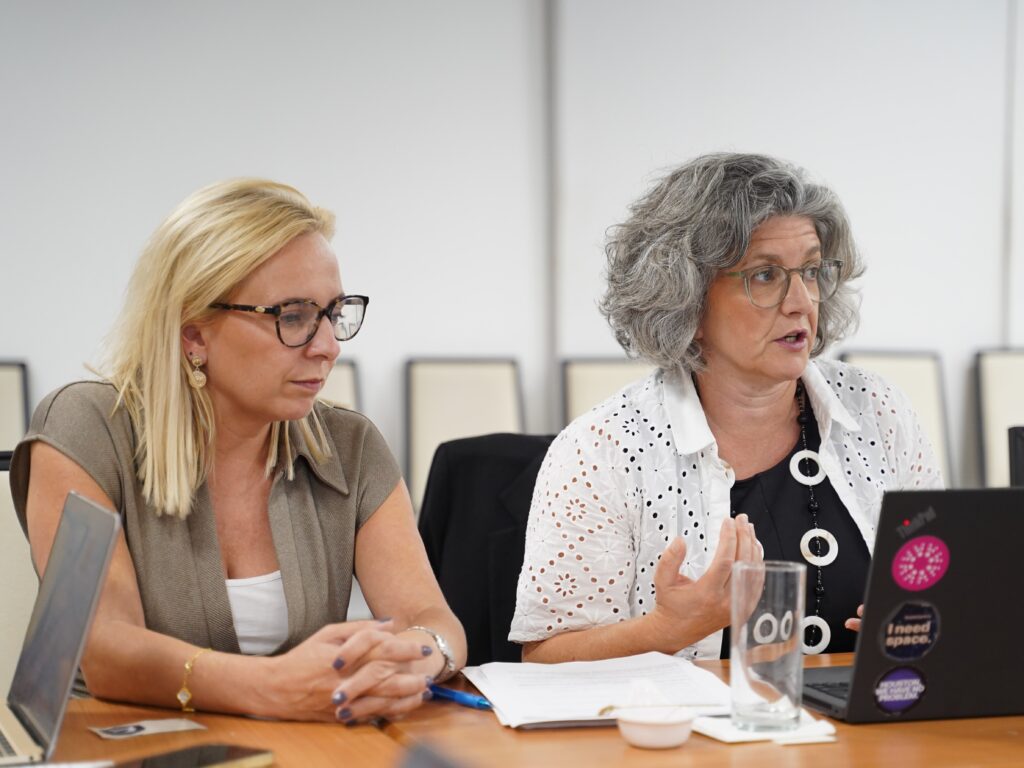
Prior to her role at CRAC, Clare spent 16 years at the Royal Society of Chemistry in a variety of roles spanning membership, fundraising, science policy, communications, and, latterly, leading Membership and External Affairs. Drawing on this extensive experience, she advises early-career researchers: “You should treat your career like your research – have a plan, but also be open to opportunities. You may think that academia is the only path, but that’s not true. What we know is that postgraduate researchers are highly employable – it doesn’t matter which country you’re in. Their skills, knowledge, and critical thinking are highly sought after by employers, but often they don’t demonstrate them or use the same language as employers. There is a common language that runs through these challenges, and that’s something we are going to explore further. There is plenty of help and support available, but ultimately, researchers must take control of their own path and remain open – and science will open new doors.”
Clare notes that the European Commission is investing significant time, resources, and effort in supporting researchers, highlighting that attracting and retaining talent in Europe is a priority. She also stresses the power of individual researchers: “The research culture and environment we all participate in is shaped by each of us, as well as by all the actors and stakeholders involved. As individuals, we are fully empowered to take control of our own destiny – and we have a voice. By engaging with networks such as MCAA, Eurodoc, ICoRSA – and with the SECURE project more broadly – researchers can amplify their voice. They should not feel despondent or powerless, but empowered.”

